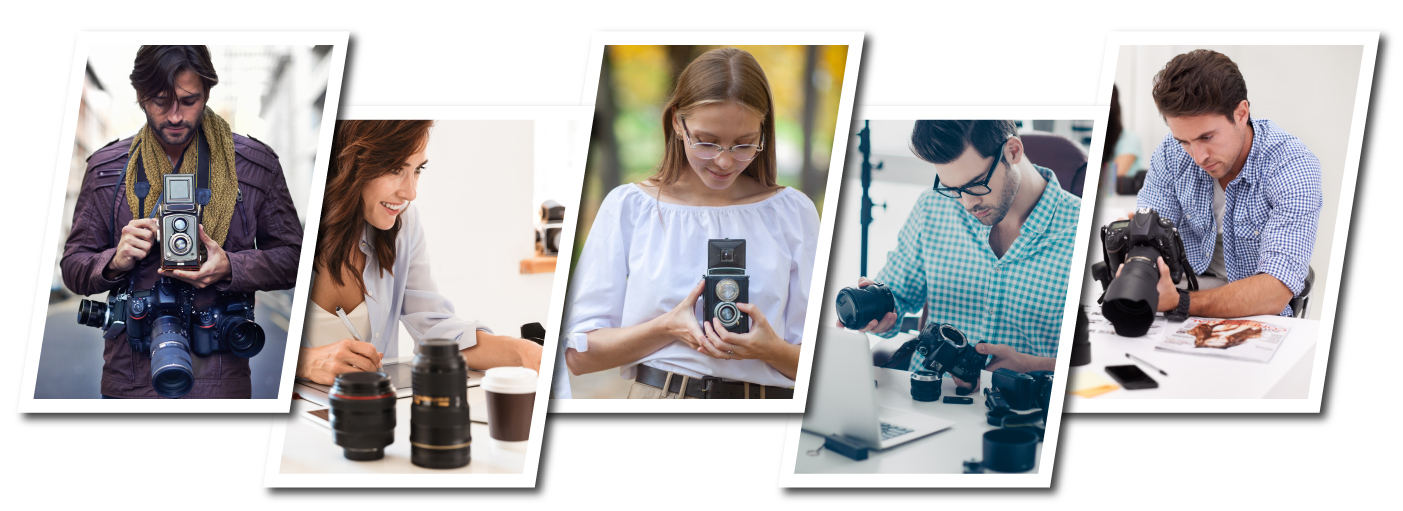The first year of our B.S. in Photography aims to consolidate the acquired knowledge and to get introduced to the camera, lenses, and their personalities. Students will study and understand light because it makes photography. Soon, they will study the elements of composition and practice with its structure, balance, and dynamics. They will also learn and practice the technical side of photography from basic to advanced in detail by mastering the art of close-up or nature photography. To confidently present artistic work, they will learn the building blocks of the English language and how to make it clearer and better organised.
Core Prerequisites Modules
PHO 109: Understanding Camera, Lenses, and Their Personalities (Open Access)
PHO 190: The Standard and Style of Photography (Open Access)
PHO 191: Learning to See the Beauty, Unity, and Harmony (Open Access)
Core Module
PHO 192: Creative Composition (Open Access)
Major Modules
PHO 130: Exploring Perception (Open Access)
PHO 131: Harnessing Your Artistic Potential (Open Access)
Prerequisites Language Modules (For Non-native English Speaker)
ENG 181: Mastering the Linguistic Categories (Open Access)
ENG 182: English: How to Write Clearly and Concisely (Open Access)
ENG 185: Expressing the Fabric of Time (Open Access)
ENG 186: Mastering the Structure of the English Language (Open Access)
Prerequisites Language Modules (For Native English Speakers)
English Professional Proficiency (Open Access)



